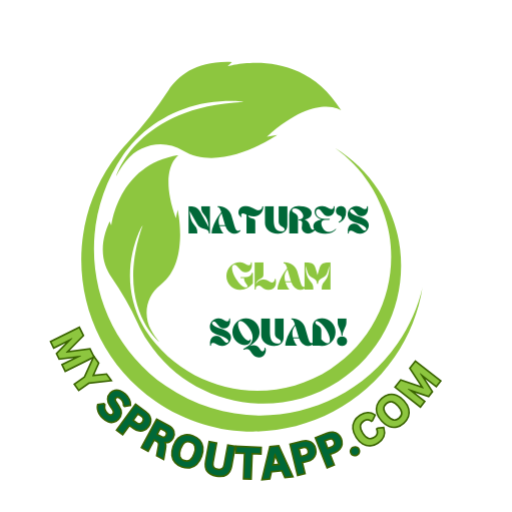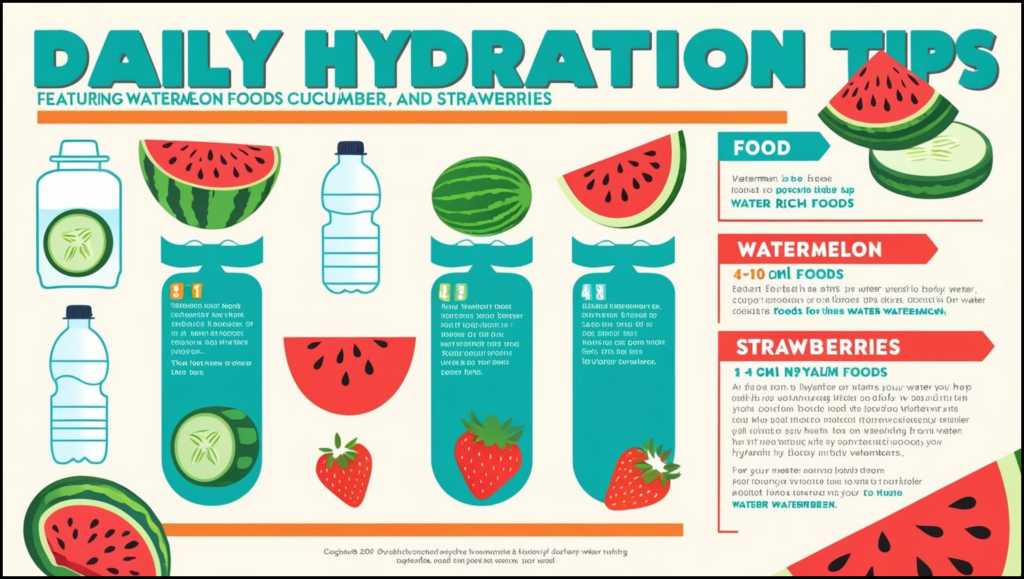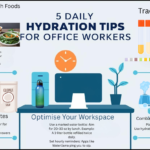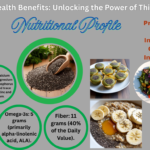Daily Hydration Tips with Water-Based Foods: Science, Myths, and Practical Strategies
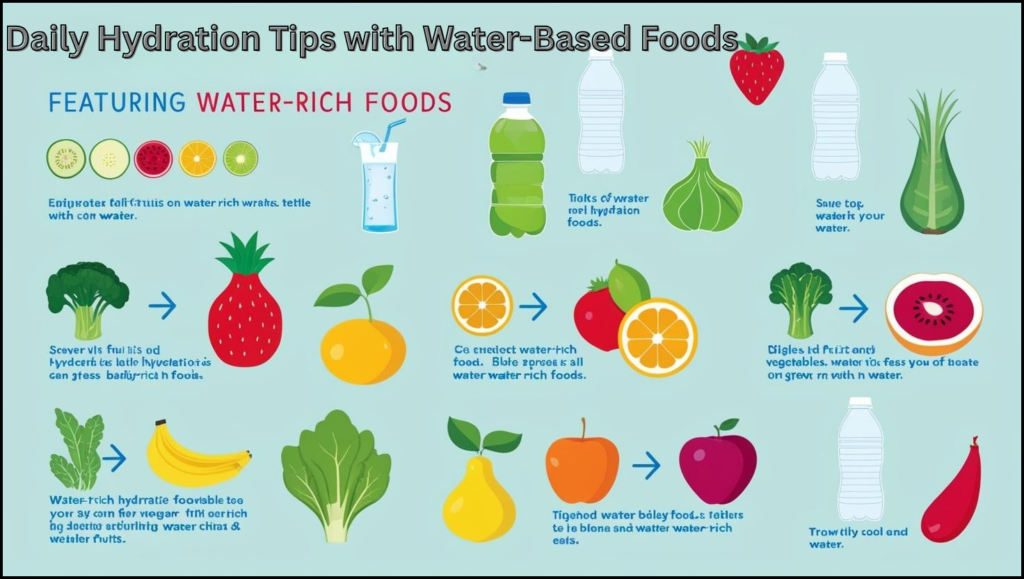
Introduction
Did you know that chronic dehydration costs U.S. workplaces an estimated $2.5 billion annually in lost productivity, according to a 2023 report by the Harvard T.H. Chan School of Public Health? Despite this staggering figure, many people still overlook a simple, delicious solution hiding in plain sight: water-based foods. While gulping down eight glasses of water daily feels like a chore, foods like cucumbers, strawberries, and broth-based soups can stealthily boost hydration while packing nutrients.
But here’s the twist: 20% of your daily fluid intake doesn’t come from beverages at all—it’s sourced directly from food, as noted by the National Academy of Medicine. Yet, nearly 1 in 3 adults mistake thirst for hunger, leading to unnecessary snacking instead of hydrating, a phenomenon highlighted in a 2021 Annals of Nutrition and Metabolism study.
Why does this matter? Dehydration isn’t just about dry lips or thirst. Even mild dehydration (a 1–2% fluid loss) impairs focus, mood, and physical performance. Athletes, for instance, lose up to 6–10% of their body weight in water during intense training, per research in Sports Medicine (2020). But here’s the good news: hydration doesn’t have to be bland or boring. Watermelon, zucchini, and even oatmeal (cooked in water) can turn meals into hydration powerhouses.
This article delves into the science of daily hydration tips with water-based foods, debunking myths like “coffee dehydrates you” and revealing practical strategies to stay effortlessly hydrated—whether you’re an office worker, athlete, or busy parent. Ready to rethink how you hydrate? Let’s begin. Daily Hydration Tips with Water-Based Foods:
Mechanisms of Action: How Hydration Works
The Role of Water-Based Foods in Fluid Balance
The human body is 60% water, requiring constant replenishment. While plain water is essential, water-based foods like cucumbers (96% water), watermelon (92%), and soups contribute to:
- Electrolyte balance (sodium, potassium).
- Cellular hydration via osmosis.
- Slower fluid absorption compared to plain water, reducing urinary output.
A 2018 study in The American Journal of Clinical Nutrition found that consuming water-rich foods like fruits and vegetables improves hydration status as effectively as drinking water.
Electrolytes and Nutrient Synergy
Water-based foods often contain electrolytes and nutrients that enhance hydration: Daily Hydration Tips with Water-Based Foods:
- Coconut water: Rich in potassium (600 mg per cup).
- Celery: Sodium and magnesium for fluid retention.
- Strawberries: Vitamin C boosts iron absorption from plant sources.
Common Myths vs. Facts
| Myth | Fact |
|---|---|
| “You only need 8 glasses of water daily.” | Fluid needs vary by activity, climate, and diet (European Journal of Nutrition, 2020). |
| “Coffee dehydrates you.” | Moderate caffeine intake (3–4 cups) doesn’t cause dehydration (PLOS ONE, 2021). |
| “Thirst means you’re already dehydrated.” | Thirst is an early warning sign; severe dehydration requires medical care. |
Practical Daily Hydration Tips
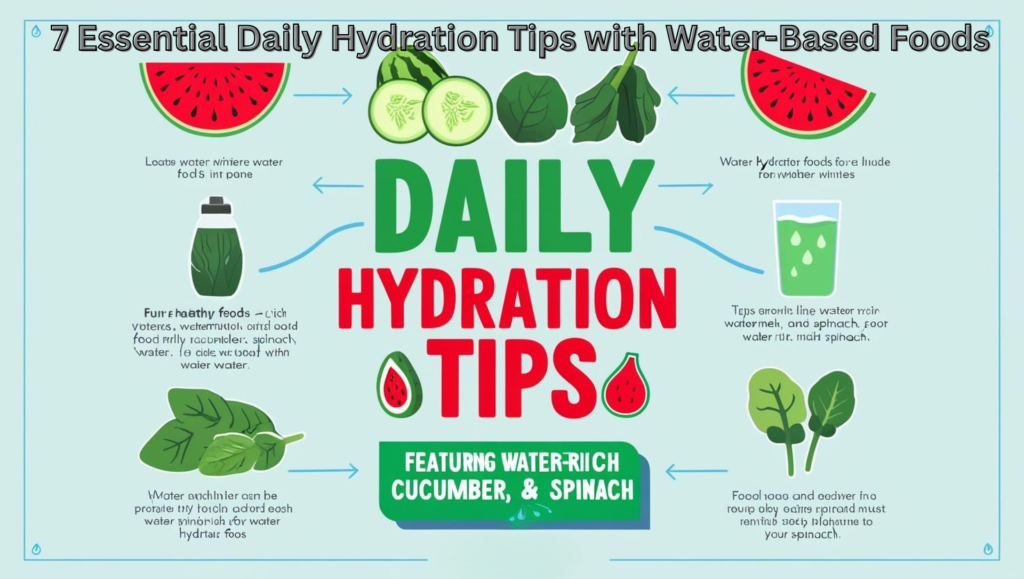
1. Prioritise Water-Rich Foods
- Top hydrating foods: Cucumbers, zucchini, oranges, and broth-based soups.
- Add watermelon to salads or blend into smoothies.
2. Pair with Electrolytes
- Sprinkle sea salt on sliced cucumbers for sodium.
- Combine spinach (water-rich) with avocado (healthy fats) for nutrient absorption.
3. Optimise Meal Timing
- Start meals with a hydrating salad to kickstart fluid intake.
- Snack on frozen grapes or celery sticks between meals.
4. Avoid Dehydrating Traps
- Limit alcohol and sugary drinks, which increase urine output.
- Choose homemade soups over canned versions (high sodium).
A 2022 Nutrients study highlighted that soup consumers had 50% higher hydration levels than non-consumers.
Q&A: Your Hydration Questions Answered
Q1: Can I rely solely on water-based foods for hydration?
No. Aim for 8 cups of water daily plus 2–3 servings of water-rich foods.
Q2: Are sports drinks better than coconut water?
Coconut water has natural electrolytes and less sugar than most sports drinks.
Q3: Do water-rich foods help with weight loss?
Yes! They’re low-calorie and increase satiety (Obesity Reviews, 2019).
Q4: Is sparkling water as hydrating as still water?
Yes, but avoid brands with added sugars or artificial flavors.
Conclusion: Key Takeaways
Mastering daily hydration tips with water-based foods is simple:
- Combine water intake with cucumbers, soups, and berries.
- Debunk myths—coffee in moderation is fine!
- Track hydration via urine color (pale yellow = ideal).
